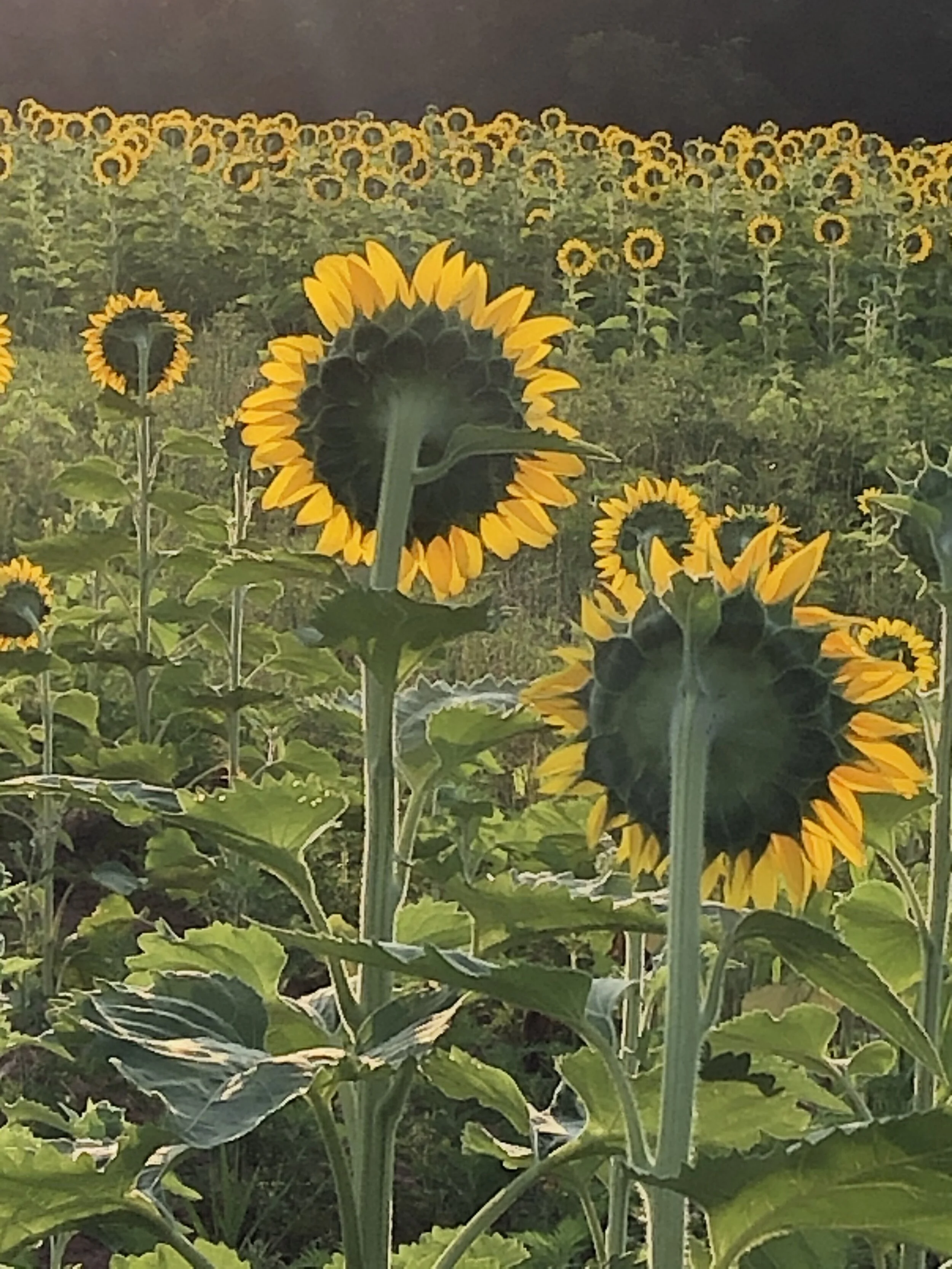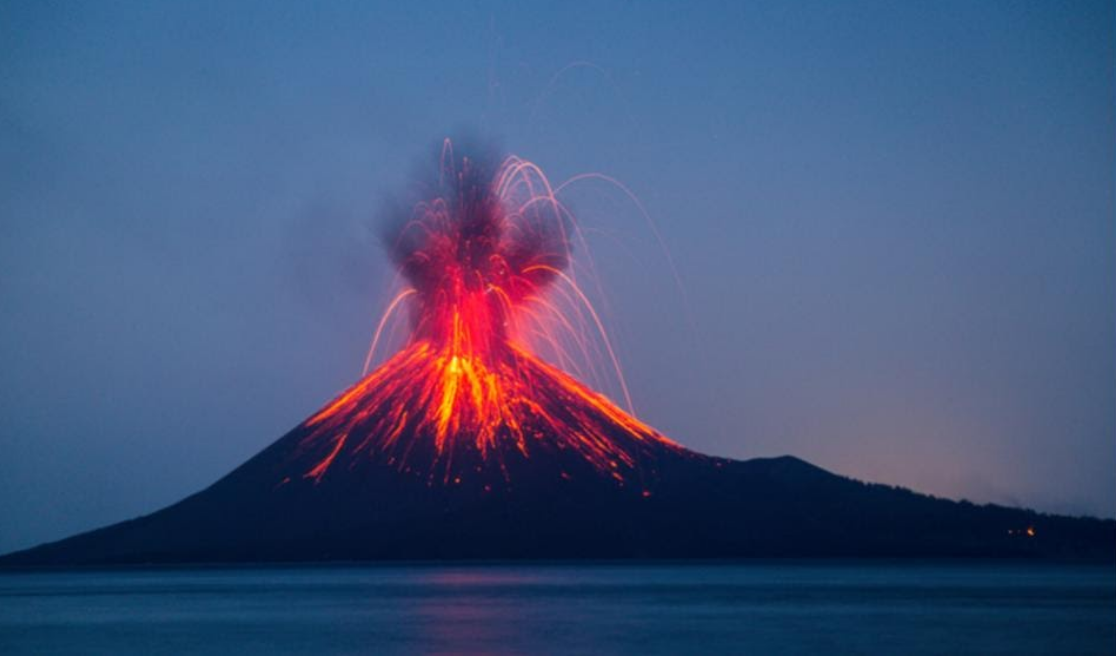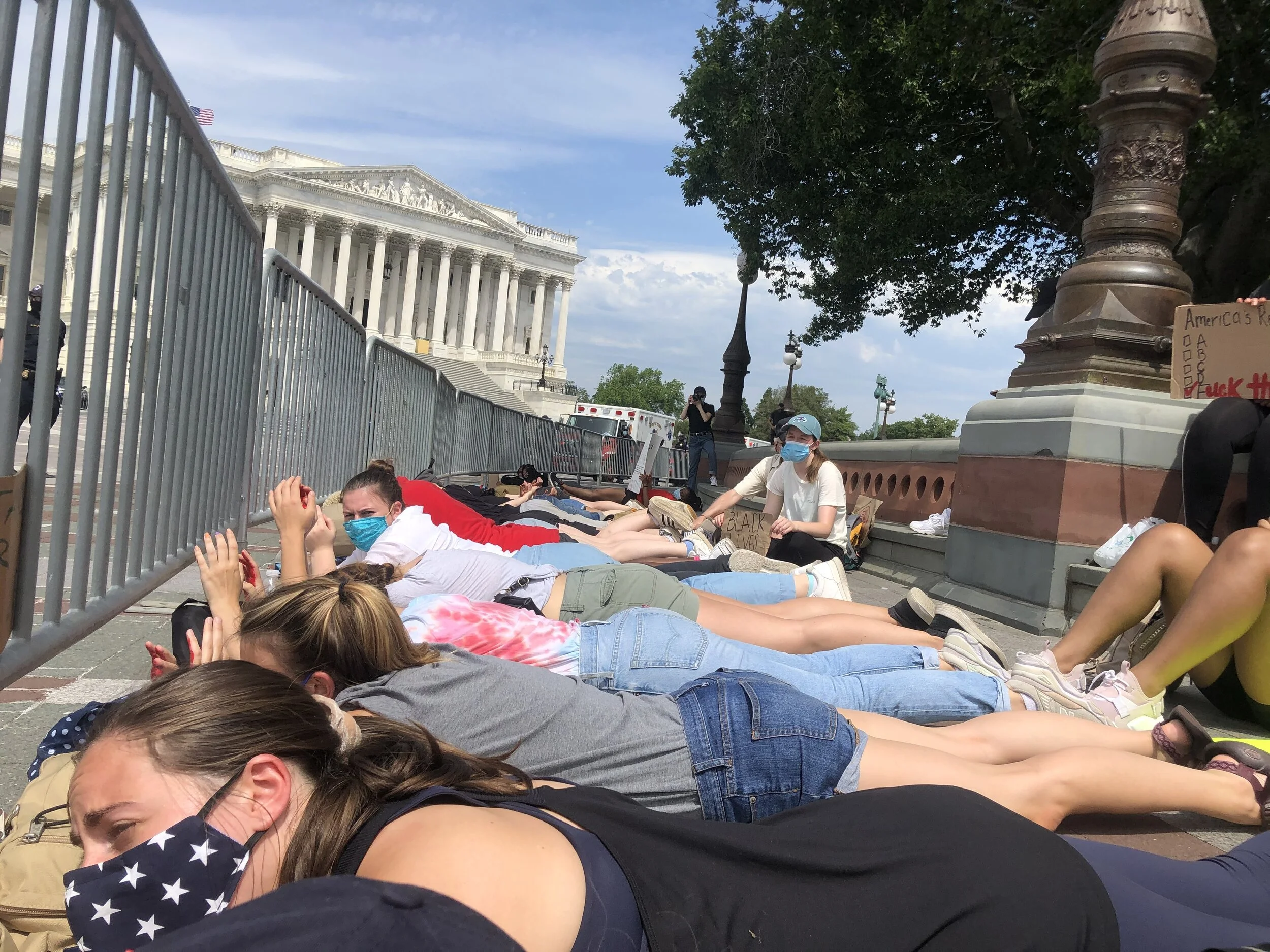Dear friends,
This week, we will meet Monday evening, March 24, from 7-8:30PM EDT in person at our meditation space (3812 Northampton Street NW); Wednesday morning, March 26, from 7-8AM EDT online; and Friday, March 28, from 12-1PM EDT in person & online (hybrid).
Camille will facilitate this Monday. Camille shares:
We welcome you to our Monday night in-person sangha, where tonight we share our once-a-month tradition of reciting the Five Mindfulness Trainings, created by Thich Nhat Hanh to help us cultivate and deepen our mindfulness practice. This month we practice the Third Mindfulness Training, “True Love.” However, instead of focusing on the traditional training, we will explore the “Contemplation of the Third Mindfulness Training: Cherishment as True Love,” which comes from the ARISE Sangha (Awakening through Race, Intersectionality, and Social Equity). Please note that the ARISE trainings are not meant to replace the Five Mindfulness Trainings, but they are an important offering in support of bringing peace, compassion, and understanding in these difficult times. See the texts for both Third Trainings below.
The ARISE Training
“Contemplation of The Third Mindfulness Training: Cherishment as True Love”
Aware of the suffering caused by discrimination and oppression, I vow to understand its roots within my consciousness and my body and the collective body of the sangha and larger society. I vow to recognize the ways in which I have benefitted or not benefitted explicitly or implicitly from systems and structures that foster discrimination and injustice. I am aware of the legacy of violence, especially unlawful police violence, perpetrated against Black people, indigenous people, people of color, differently abled people, people of various gender identities and expressions and sexual orientation, and others who are marginalized. I acknowledge the lived experience of all people to deepen my capacity for understanding and for greater compassionate action.

























